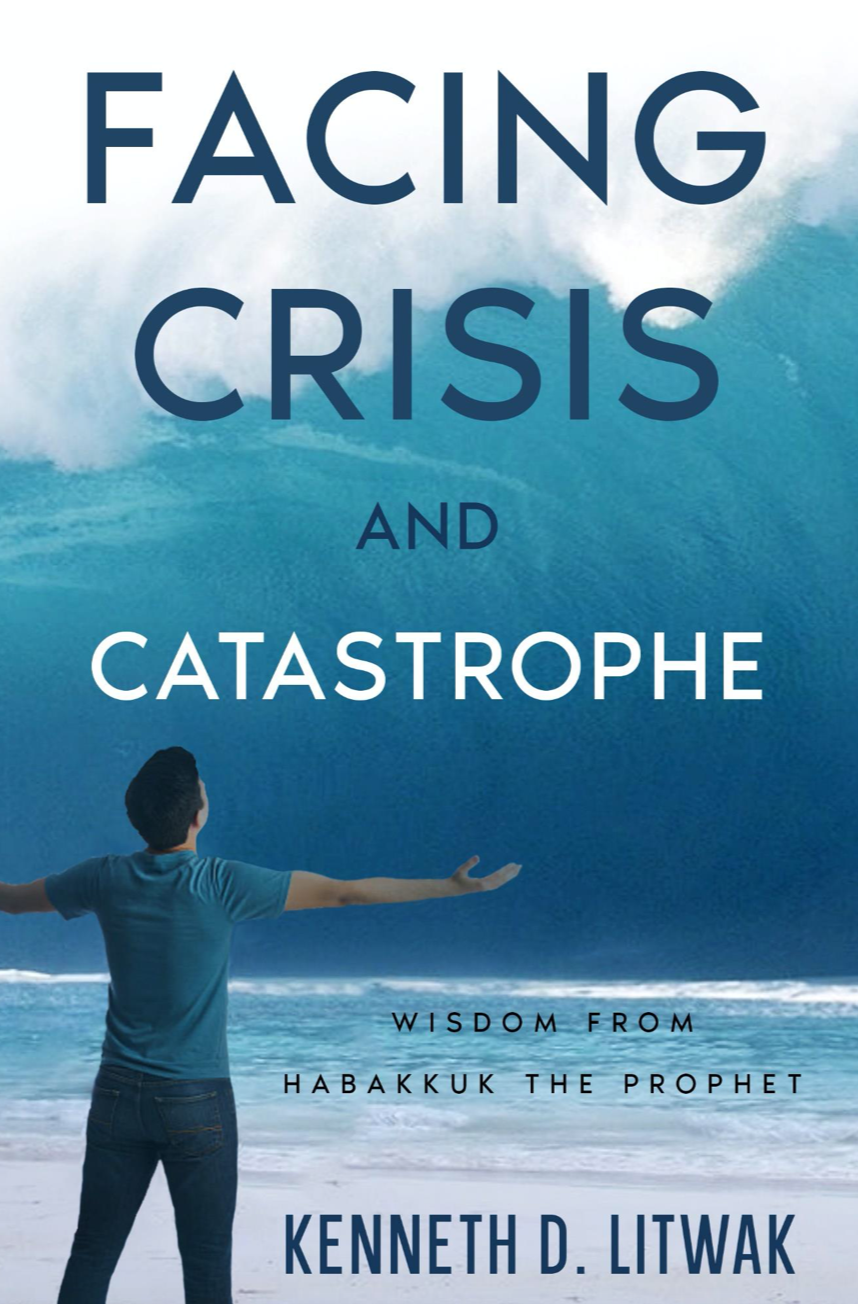Review of Alicia Britt Chole. 40 Days of Decrease: A Different Kind of Hunger. A Different Kind of Fast. Thomas Nelson, 2016. 238 pages.
Do you practice Lent? Give up chocolate? TV? You might not be familiar with Ash Wednesday or Lent if you are part of a “low church” congregation. That means it has a less formal liturgy. All churches have liturgy. Prayers, songs, sermons, and rituals are all part of liturgy. Chole wants us to have a richer experience of Lent, not simply do some new ritual. Lent should be a time be a time of surrender for us.
Lent is a forty-day period, the length of Jesus’ time in the wilderness, plus six Sundays, before Easter. Many churches cal upon people to fast from certain foods. Not Chole. The book’s purpose is to help believers prepare for Easter. Jesus’ death and resurrection are central to the Christian faith. Jesus gave up all for us. Pondering our sins, repenting, and surrendering are the core parts of Lent.

During Lent, depending upon one’s tradition, it’s common during to “fast” or give up things and focus on God instead. This can come in a lot of forms. One might fast from Starbucks from Ash Wednesday until Easter. Chole argues that the point is not merely giving up something. You could give up Netflix for forty day and not have that make any difference in your relationship with God.
Decrease is to put things or attitudes aside to focus more on Jesus. It might mean giving up Twitter/X, but your inner life is the real focus. Simply fasting something doesn’t draw you to Jesus. Unless you use the decrease to be with Jesus, it misses the point.
Journeying with Jesus through Lent
Following the introduction, there are short chapters (1000 words or so) for each of the forty days. Each chapter talks about some aspect of Lent, followed by a “Reflection.” Next there is a suggestion for fasting. For day two, the author suggests that we fast “regret.” Chole observes that,
Approaching a fresh endeavor can be both energizing and stressful. New is inspiring. New is enlightening. And new is, oddly enough, a reminder of what is now old. When fresh beginnings are stalked by the memories of stale endings, a sickly substance can steal our strength: regret. Regret empties anticipation, flattens dreams, and suffocates hope, because regret is a form of self-punishment. Whereas hindsight helps us learn from the past, regret beats us up with the past.
So for one entire day (or go for forty), I invite you to fast regret (p. 9).
Regret is a form of self-punishment? That’s a profound observation. The book is full of such wisdom.
Turning from Regret to Loving God
In day two, the author cites the four degrees of love of Bernard of Clairvaux (1090-1153) AD): love yourself for self’s sake; love God for your self’s sake; love God for God’s sake; love yourself for God’s sake. Bernard’s degrees point to the need to resist the culture’s push toward narcissism. Be your own person. Make your own life what you want it to be. Instead, make God the center of your life, which is what Jesus calls us to.
Bernard points us to not loving God in order to get something. God did not make you so you could use him to be happy. Instead, God invites you to come closer to him. He loves you more than you can ever imagine. He asks us to love him with our whole being. There is not some other goal or ulterior motive in mind. The Bible speaks of rewards in the next life. That’s fine, but getting to be in God’s presence forever sounds like more than enough. We can get stuff, but as Augustine of Hippo wrote, “Our hearts are restless until they find their rest in you.”
The Point of Fasting
Regret plays a large part in my thoughts most days. You might have regrets too. These don’t have to be about our sins, and most of the “fasts” in this book are not about sinful behavior but of beliefs, attitudes, and perspectives that are problems for us becoming more the people God wants us to be. They could be about choices you made, e.g., college, career, etc..
The point of the “fast” is to decrease the baggage in your heart. This is not a how-to book. It calls for thoughtful reflection on Jesus’ journey to the cross, an act of great self-surrender. That will hopefully lead you to your own surrender or decrease of something. While there might be a sin you need to decide to give up, Chole suggests things like isolation, spiritual self-protection, and “fixing it.” These are heart-attitudes. Some of them will not be obvious to others, though others might notice a change when you start fasting one of these.
Journaling John 12-21
After the “fast” suggestion is a slightly more academic section (1/2 page) on Lent. Each day ends with blank lines for you to offer your thoughts on a Scripture passage. The days go through John’s Gospel, beginning with Mary’s extravagant use of expensive perfume to anoint Jesus’ feet, John 12:1-11, and end at John 21:20-25. If you love Jesus, this might be a place to consider what, if anything, extravagant thing you might do to show him your love for him.
This is an excellent book. If you are looking for a “great read,” I wouldn’t consider this one of those. (That’s bad grammar anyway. Who started using “read” as a noun?) If you want a tool to help you grow closer to Jesus, this is it.
Lent has already started for 2024, but even if you start now, you’ll still benefit from walking through the rest of Lent with Jesus. Or, you can start on day one and catch up. Or, work through the book on your own when you want to block out forty days. Nobody is keeping score. 😊













0 Comments